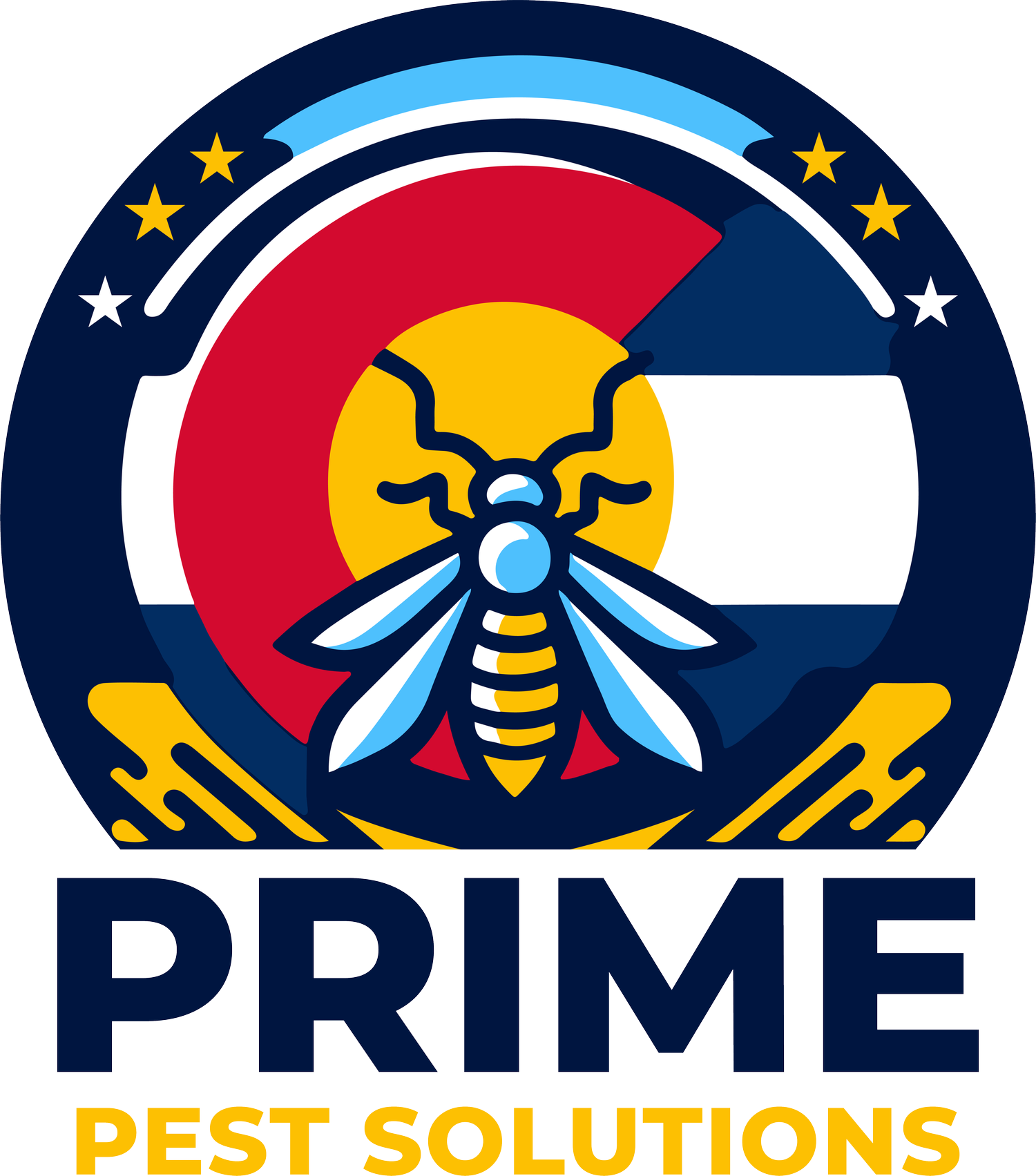Understanding Common Household Pests
Understanding the Behavior and Habits of Common Household Pests
To effectively prevent infestations, it’s essential to understand the behavior and habits of common household pests. By recognizing the tendencies of these pests, homeowners can take proactive measures to safeguard their living spaces.
Ants
Ants are highly social insects that thrive in colonies. They often invade homes in search of food and water, forming distinct trails to communicate the location of resources. To prevent ant invasions, it’s crucial to keep food sealed and surfaces clean. Inspect for entry points around windows and doors and seal any gaps to block their access.
Cockroaches
Cockroaches are nocturnal creatures that prefer dark, warm environments. They are opportunistic feeders and can survive on various organic materials. Recognizing their presence can be tricky, as they tend to hide during the day. To deter cockroaches, eliminate clutter, fix leaks, and ensure proper sanitation in all areas of the home.
Termites
Termites are known for their destructive feeding habits, primarily targeting wood. These pests are often undetected until significant damage has occurred. Their behavior involves the construction of mud tubes, which serve as protective tunnels to access food sources. Homeowners should regularly inspect their property for signs of termite activity and maintain proper drainage around the foundation to minimize risks.
Bed Bugs
Bed bugs are elusive pests that primarily feed on human blood. Their nocturnal feeding habits mean they are most active at night, hiding during the day in cracks, crevices, and bedding. Prevention strategies include using mattress encasements and regularly washing bedding. It’s also advisable to inspect second-hand furniture before bringing it into your home.
Rodents
Rodents such as mice and rats are attracted to food and shelter. They can squeeze through small openings, making their entry points difficult to identify. Their behavior includes gnawing and nesting, which can lead to property damage and health risks. To reduce rodent activity, store food securely, eliminate clutter, and seal gaps around pipes and vents.
Spiders
While many homeowners fear spiders, they can help control other pest populations. Spiders typically enter homes in search of food and shelter. To prevent spider infestations, reduce clutter and vacuum regularly. Sealing cracks and installing screens can also limit their entry.
Preventing Household Pest Infestations
By gaining insights into the behavior and habits of these common pests, homeowners can implement targeted prevention strategies. Maintaining cleanliness, sealing entry points, and monitoring for signs of pest activity are fundamental steps in safeguarding your home. When infestations occur, seeking professional pest control services, like those offered at Prime Pest Solutions, can effectively address the issue and provide long-term protection.
Understanding pest behavior is key to preventing infestations and maintaining a pest-free environment. Stay informed and proactive to protect your home from unwanted invaders.
